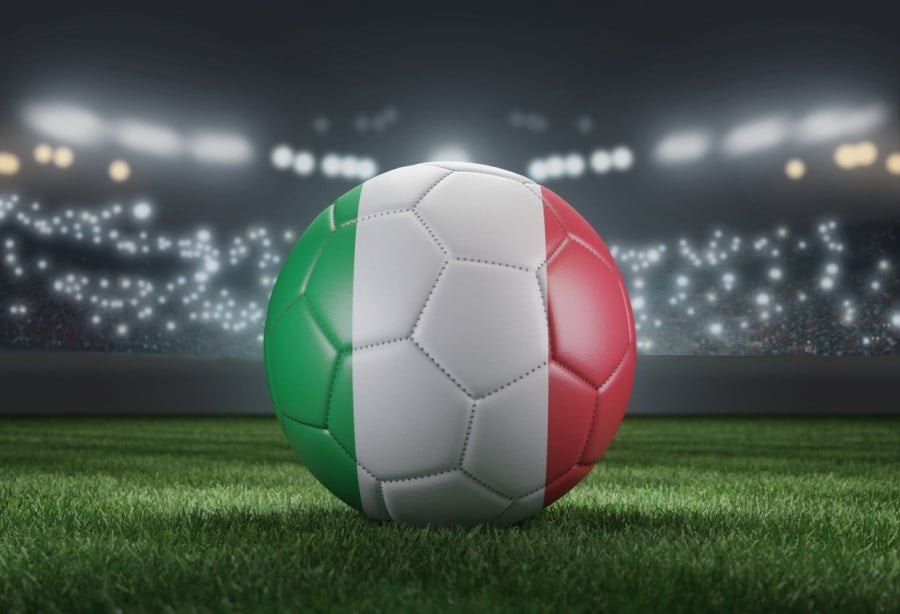Investing in Italian professional football: The evolving landscape of club ownership rules between reforms and challenges

Over half of Serie A clubs are now controlled by international owners[1], proving that Italian professional football still shines as a compelling business opportunity for international investors. This is further affirmed by the recent acquisition of Genoa CFC[2] and Hellas Verona FC[3].
Until 2011, Italy's top-division clubs were all owned by Italians[4]. So, what brought about this new trend? Finance - the Italian market is more affordable compared to the English Premier League and in Germany, for example, private ownership of football clubs is still not even allowed. Serie A sustains its allure, based on tradition, history, a wide-reaching intergenerational following and, despite most stadiums being outdated, resilient match attendance. The "scudetto" (Serie A championship title) has been won by three different teams in the last three years (Internazionale in 23-24, Napoli in 22-23 & AC Milan in 21-22[5]) and the competition counts at least two more aspiring clubs able to compete at the top of the table.
This article explores the evolving landscape and regulations that govern the acquisition, ownership and management of Italian professional football clubs, with an overview of the rules, controls mechanisms and assessments for investors approaching the Italian football market.
The article examines:
- Key requirements for investing in Italian professional football clubs
- Key requirements for running an Italian professional football club
- Breaking developments in financial controls
- Multi-club ownership in Italian football: the current regulatory framework and how to run more than one football club
- Conclusion
To continue reading or watching login or register here
Already a member? Sign in
Get access to all of the expert analysis and commentary at LawInSport including articles, webinars, conference videos and podcast transcripts. Find out more here.
- Tags: Finance | Financial Regulations | Football | Governance | Italy | Multi-Club Ownership | Regulation | UEFA | UEFA Financial Sustainability Regulations
Related Articles
- How Do You Acquire A Football Club In France?
- An analysis of how multi-club ownership is regulated in France
- How Are Football Clubs Governed, Incorporated & Acquired In South Africa?
- How Professional Football Clubs are Governed In Mexico
- What’s happening with Dani Olmo? A legal analysis of the registration dispute between FC Barcelona, LaLiga and RFEF
- A guide to the legal due diligence process when buying a football club
- FIFA Clearing House - the first 24 months: Key Takeaways
Written by
Luca Ferrari
Luca Ferrai is the Global Head of Sports at Withers. He specialises in sports marketing and sports law and provides legal advice to athletes, footballers, agents, coaches, managers, clubs, leagues, federations, investors and sponsors. He provides advice on: sponsorship contracts; playing contracts; coaching contracts; managers employment contracts; international player transfers; agency contracts; intellectual property licensing and audio-visual rights licensing. He also has long-standing experience in national and international sports regulatory issues as well as in sports commercial litigation, and in particular national and international sports arbitration.
He can be found on Linkedin here.
Alessia Murgia
Alessia Murgia is an associate in the corporate team of Withersworldwide and she advises a wide range of clients in the sports, entertainment and media industries, including athletes, teams, sports agents, celebrities and ancillary businesses such as sponsors and marketing agencies.
Mario d'Anna
Mario is a trainee lawyer in the Sports team at Withersworldwide. He graduated in Financial Tax Law at the University of Federico II of Naples, with a dissertation entitled 'The Evolution of Fiscal Harmonisation in the EU Context'. During his studies, he developed a strong interest in international and European law, specialising in European Sports Law.






